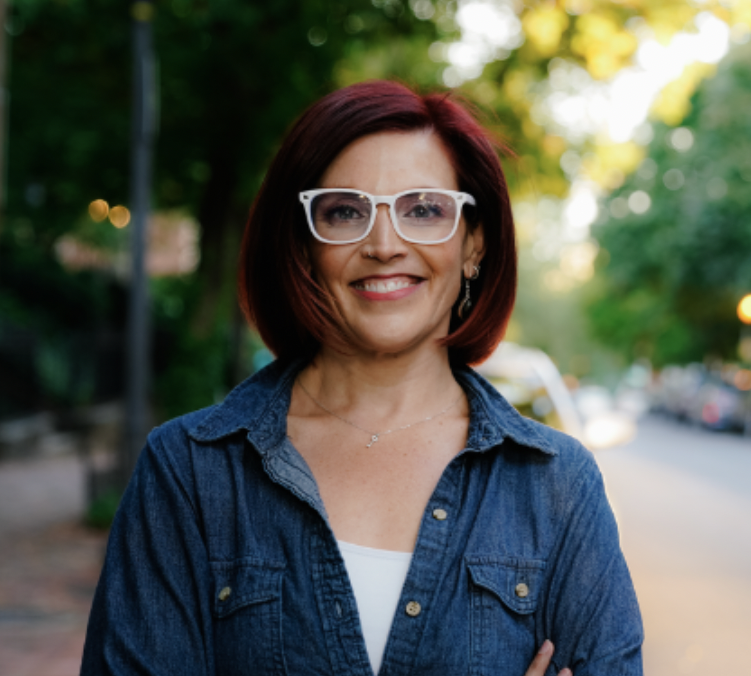 | Mid-Atlantic Group Psychotherapy Society The Mid-Atlantic Group Psychotherapy Society (MAGPS) is a regional affiliate of the American Group Psychotherapy Association that serves group therapists in Virginia, West Virginia, Maryland and the District of Columbia. |
MAGPS Fall 2022 Conference
|
*IN PERSON* |
BODY JUSTICE IN GROUP
with
Paula D. Atkinson, LICSW
Conference Chairs: 10 CE/CME Presented by: |
Paula D. Atkinson is a Licensed Independent Clinical Social Worker, working as a psychotherapist in private practice. She is also a yoga teacher, certified at the highest level, a Reiki practitioner, and a writer. She has been working for years with those who suffer from disordered eating, food obsession, exercise compulsion, and body hatred. She treats clients of all sizes and identities with a weight-neutral, anti-diet, body liberation approach. Paula proudly identifies as a body justice activist, teaching courses on the myths of current measures of health, our culture's thin worship, and the oppression of people in large bodies as a professor of Weight & Society at George Washington University, as well as to other mental professionals, clinics and organizations. Paula is a Health At Every Size registered practitioner, a member of The International Association of Eating Disorders Professionals, the National Association of Social Workers and the Association of Social Work Boards. She is currently working on a book of essays on the topic of body sovereignty, food sanity, and freedom for bodies of all shapes. |
Click here to view our INTERVIEW with PAULA by our very own
Kelechi Fluitt, PhD!
Join us as Paula Atkinson helps us to explore the psychosocial aspects of weight and body shape, the broad range of social sciences including anthropology and sociology that create the way we think about weight, “health,” worth, and identity.
Over the course of this dynamic conference we will explore the topics of fat phobia, size-ism, thin idealism, and weight stigma and how these intersect with other racism, classism, and forms of oppression as well as how they are present in groups. The role of body liberation and body justice will be included as we discuss how it intersects with diversity, equity, and inclusion.
Learning Objectives:
During the course of the weekend, participants will:
1. Analyze weight stigma, sizeism, and thin supremacy in individual and societal systems and extrapolate that to group therapy. Specifically recognizing medical, psychosocial, moral, and social/cultural perspectives on weight and health and how these tenets affect beliefs about fatness/thinness and the treatment of people in larger bodies in the world and in groups.
2. Name ways in which social media, capitalism, and the diet industry, affect implicit attitudes, practices and cultural norms when it comes to body shape and weight; then identify how these systems affect the group process for participants of all body shapes.
3. Discuss the prevalence and the ways in which disordered eating, negative body image, food obsession, food addiction, exercise compulsion and diet cycling, may manifest differently in individuals and may influence a group process.
4. Navigate differently shaped bodies in groups through re-examining therapeutic factors.
5. Define the following factors: body justice, body liberation, intuitive eating, thin idealism, fat phobia, body positivity, diet mentality, joyful movement, the fat acceptance movement, and the Health At Every Size approach and how these philosophies and movements can positively affect a group process.
6. Identify relevant ethical codes associated with addressing systemic oppression based on body shape and creating inclusive and culturally responsive therapeutic encounters.
7. Apply a broad range of skills, strategies, and innovative practices to incorporate principles of body justice into group work.
CONFERENCE FORMATIt is the mission of MAGPS to establish a safe, unique, creative learning environment for all attendees by hosting conferences that offer both didactic and experiential learning through participating in whole group and small process group weekend. By registering for this conference, you will participate in plenary sessions, individual and whole group discussions, as well as 3 Small Process Group Experiences. Small Process Group Experiences The primary task of the small process group experiences at MAGPS conferences is to provide space to integrate the didactic material presented by the guest speaker with one's own understanding of self and the small group process. Process groups provided by MAGPS can be intense educational experiences, but they are not psychotherapy groups. So, while conference attendees may derive therapeutic benefit by participating in a group, we avoid using the group to explore our personal history or underlying dynamics, as one may do in group therapy. The goals of participating in a small process group experience may be achieved through self-exploration and noticing one's feelings, thoughts and reactions in the "here and now." In addition to observing and reflecting on one's own behavior, one may also give and receive feedback from fellow group members about the experience. Participants may experience firsthand the challenge of joining, finding one’s voice and becoming known, remaining emotionally present and working in the moment, and forming relationships and reflecting on interaction. Small Group Leaders (SGLs) will emphasize bridging experiential learning with cognitive understanding of the group’s development and the conference theme. Throughout small group sessions over the course of the weekend, challenging dynamics may emerge requiring you to address microaggressions, power and privilege dynamics, effectively manage ruptures, and to the degree possible, restore or repair relational ruptures. While Small Groups can be a powerful learning tool, this experience has harmed colleagues holding marginalized identities in the past. Please review the following recommendations by the AGPA, by clicking on the hyperlinked text: AGPA Guidelines for Creating Affirming Group Experiences before registering for an MAGPS Conference weekend. If you have hesitation about your ability to incorporate what has been identified by the AGPA DEI Task Force into the small group experience, we ask that you circle back with us in the future after you are better prepared.Registration rates and informationHotel Information: Conference Fees: Registration Deadline: Cancellation Policy: For registration assistance, or to register by phone, contact our conference registrar Sonia Kahn at registration@magps.org. | CONFERENCE SCHEDULE
|
SMALL GROUP consultantsMAGPS traditionally invites seasoned local group facilitators to serve as small group leaders (SGLs), along with at least one guest from another affiliate society in an effort to promote stronger connections with our colleagues across the country. These small group process leaders will serve to help guide attendees take a deep dive into understanding the ways in which they engage with others on an interpersonal level. Participants will be randomly selected prior to the start of the conference. Josh DeSilva, PsyD Liz Marsh, LICSW Alison McGrath Howard, PsyD Christopher Ray, PhD Michael Magenheimer, PsyD | Education and ScholarshipMAGPS is an affiliate of the American Group Psychotherapy Association serving psychotherapists from DC, MD, VA, and WV. Its mission is to provide and support group psychotherapy training and education. Scholarship Opportunities: MAGPS supports the professional development of students, interns, residents, and clinicians early in their careers by offering various scholarships to cover registration and banquet costs. First-time attendees and new professionals may register at reduced rates. Click here to apply for a scholarship. 10 CE/CME Hours The Washington School of Psychiatry is approved by the American Psychological Association to provide continuing education for psychologists. The Washington School maintains responsibility for this program and its contents. The School is approved by the Social Work Board of the State of Maryland as a provider of continuing education for social workers in DC, MD, VA, and WV. The School is approved by the California Board of Behavioral Sciences as provider #5691 of continuing education to social workers in California. The School solely is responsible for all aspects of the program. The School is accredited by MedChi, The Maryland State Medical Society, to provide continuing medical education for physicians. The School designates this conference for a maximum of 10 AMA PRA Category I Credit(s) TM. Physicians should claim only the credit commensurate with the extent of their participation in the activity. --- Please Note: Licensing Boards change regulations often and while we attempt to stay abreast of their most recent changes, we recommend you contact your board directly to obtain a ruling, if you have questions or concerns about this course meeting your specific board’s approval. |
Disclosure of Commercial Support and the Unlabeled Use of a Commercial Product: No member of the planning committee and no member of the faculty for this event have a financial interest or other relationship with any commercial product(s) discussed in the program. The Washington School of Psychiatry is an independent non-profit organization. It is not affiliated with the government of the District of Columbia or the government of the United States.
.png)
